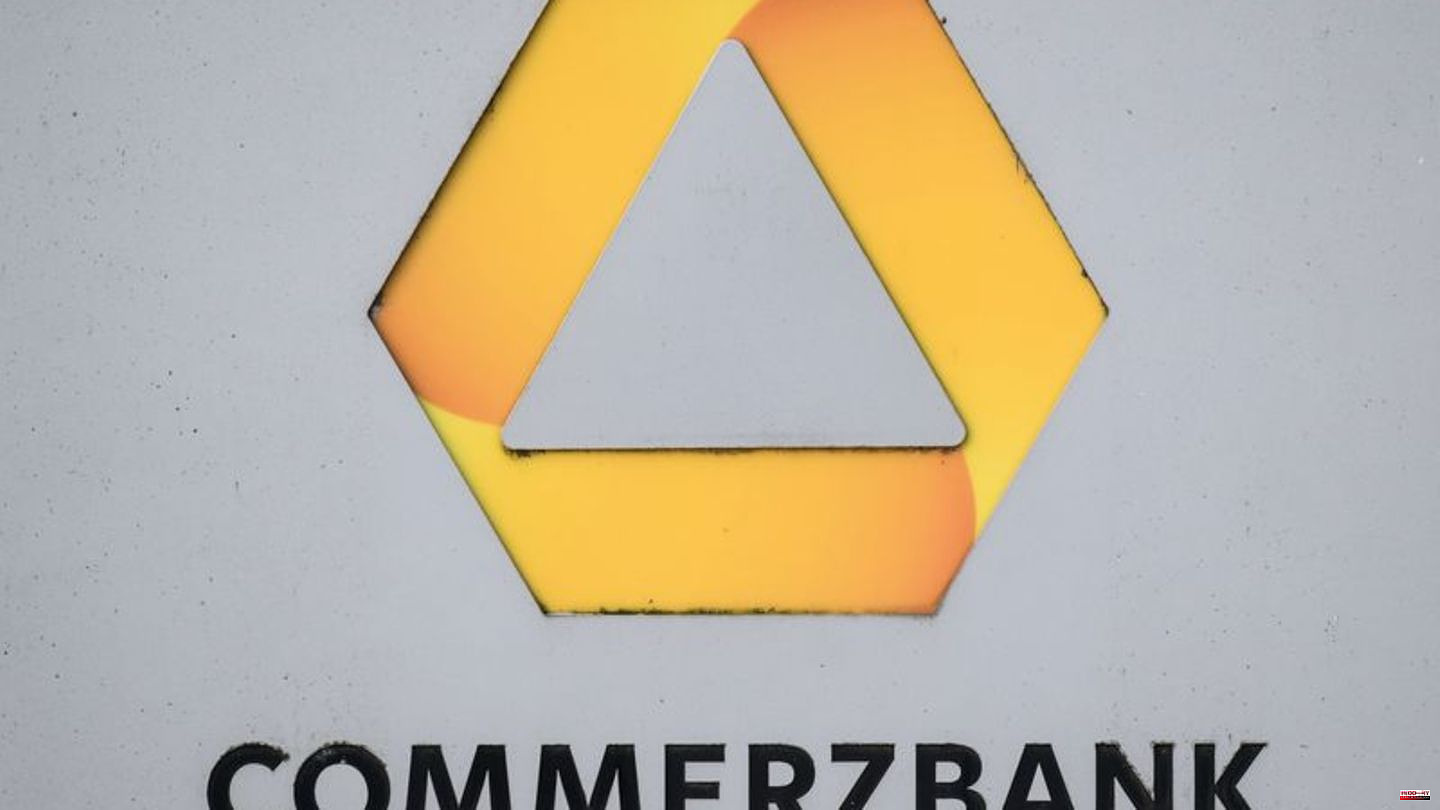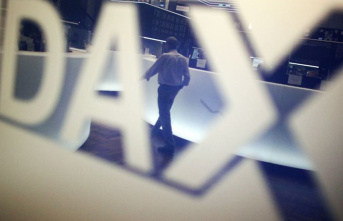Profits in the billions and the first dividend after several zero rounds: "Commerzbank is back," rejoices CEO Manfred Knof when the balance sheet is presented on Thursday. The return to the first German stock exchange league could also be made perfect on Friday. But the manager, who took office in 2021, also warns against overconfidence: "We know that we still have a long and demanding road ahead of us before we achieve the goals we have set ourselves and, ideally, even exceed them."
The board wants to surpass last year's surplus of over 1.4 billion euros by 2023. "We are aiming for a significantly higher consolidated result for this year compared to 2022," said Knof. "And we want to distribute half of that to our shareholders."
The truth also belongs: The profit of the MDax group could have been significantly higher in 2022 if it had not been for the more than one billion euros in charges from the Polish subsidiary mBank, among other things in connection with Swiss franc loans.
Nevertheless: With the billions in profit, Commerzbank is picking up on times before the financial crisis of 2008/2009. The last time there was a higher surplus was in 2007 with a little more than 1.9 billion euros. In 2010, Commerzbank's profit was just below the 2022 figure.
In these more than ten years, the Frankfurt money house has had to put many crises and corporate restructurings behind it. After the Dresdner Bank takeover in the financial crisis, the state saved the institute from collapsing with billions in taxes and is still the largest single shareholder with 15.6 percent. A failed merger attempt with Deutsche Bank and staff disputes caused unrest in the years after the financial crisis.
Bank cut thousands of jobs
In 2021, Commerzbank was back in the black after a corporate restructuring and had earned 430 million euros on balance. After taking office, Knof cleared out the balance sheet and tightened the austerity course. The bank cut thousands of jobs and significantly reduced its relatively dense branch network with around 1,000 locations in Germany before the pandemic. About 400 branches are expected to remain this year. "We feel comfortable with the 400 branches," said Knof.
The turnaround in interest rates in the euro area came at just the right time. Rising interest rates and a thriving business, especially with corporate customers, ensured that the income - i.e. the bank's total income - increased by around twelve percent to a good 9.46 billion euros compared to the previous year.
Banks have been getting interest again since July 2022 if they park money with the European Central Bank. In addition, money houses earn, for example, from higher interest rates on loans. Commerzbank wants to increase net interest income to well over EUR 6.5 billion in 2023. The costs are to be further reduced to 6.3 billion euros.
Management attaches great importance to improving returns. "Profitability also ensures the independence of the bank," emphasized Knof. A return on tangible equity of more than 7.3 percent after taxes is targeted by 2024. Last year it was 4.9 percent. In order to make a profit of one euro, the bank only wants to spend 60 cents in 2024. From 2021 to 2022, this cost-income ratio improved from 79.3 percent to 68.6 percent.
Back to the Dax
After two profitable years in a row, Commerzbank is aiming back into the Dax. In autumn 2018, the bank had to vacate its place in the leading index - for the payment service provider Wirecard, which collapsed less than two years later in a balance sheet scandal. Because the gas manufacturer Linde is now withdrawing from the Frankfurt Stock Exchange, Commerzbank has a good chance of rising. On Friday evening it will be clear who will move up to the group of 40 Dax companies for Linde on February 27th.
He considered a place in the showcase of the German economy for "an important signal to our customers," said Knof. In his estimation, a rise in the Dax would help in corporate customer business, for example. "But we know that we are only halfway through our transformation program."
However, the first successes should pay off for employees and shareholders. The bonus pot for the workforce will be increased from 200 million to around 300 million euros. For the shareholders, the 20 cent dividend per share is just the beginning, as CFO Bettina Orlopp promised: "We, the Management Board, are convinced that we will create a lot of value with our strategy in the coming years."
The further steps are expected to be monitored by a prominent chief controller from June: Ex-Bundesbank President Jens Weidmann is to become the new chairman of the supervisory board of the partially nationalized group after the annual general meeting on May 31.







